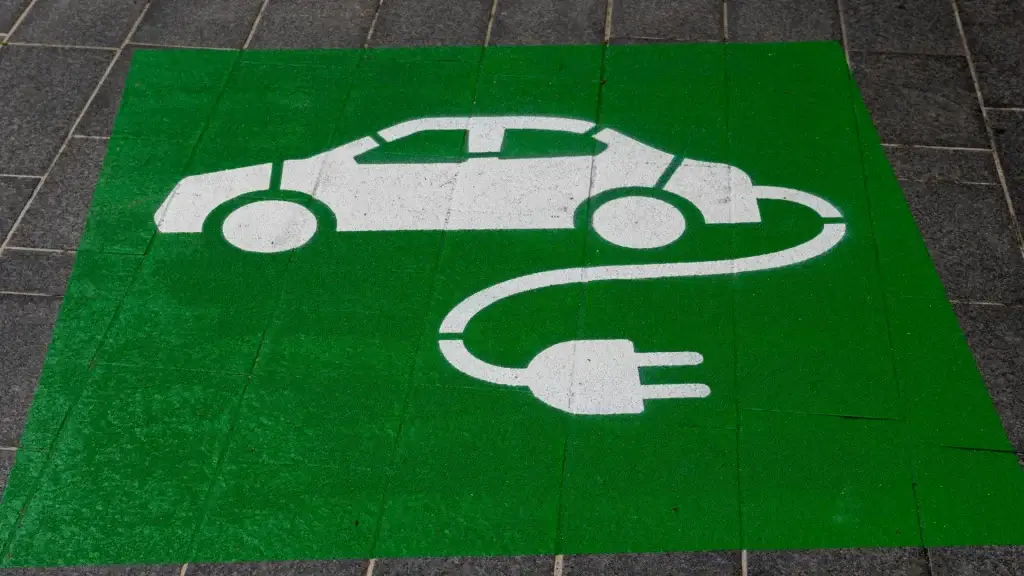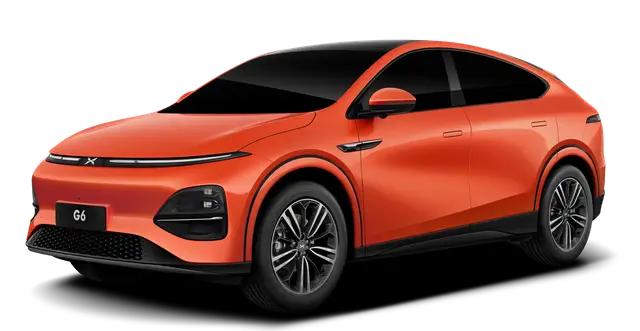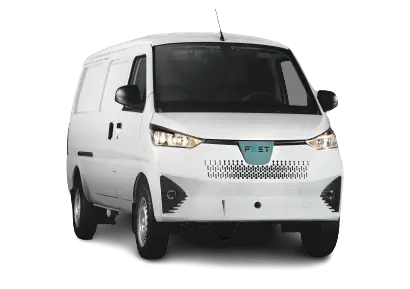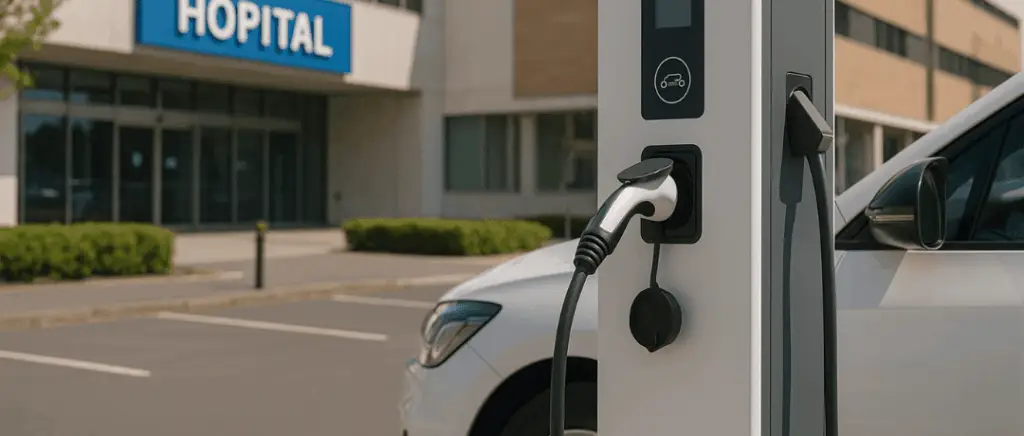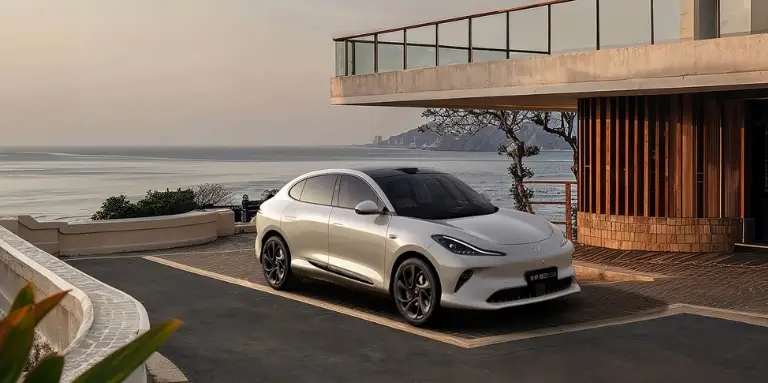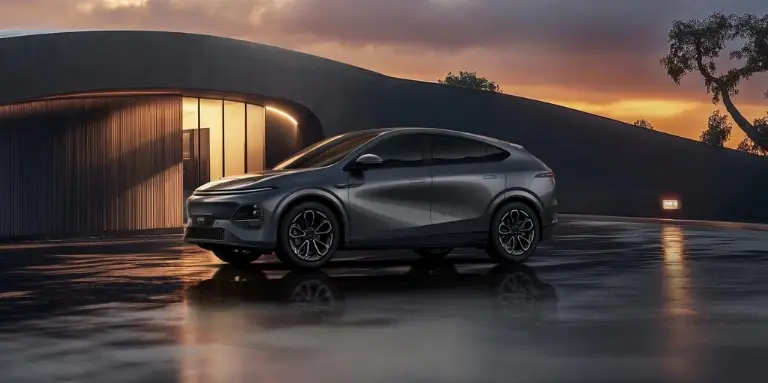Qu’est-ce que la batterie d’une voiture électrique ?
Avant de comprendre les causes du poids d’une batterie dans une voiture électrique, voyons ensemble de quoi cette pièce est composée.
Que ce soit pour une voiture thermique ou électrique, le véhicule est alimenté par une batterie et c’est cet élément qui assure le bon fonctionnement et la stabilité de tous les équipements de la voiture : la radio, vitres ou encore les capteurs.
Aussi, ce qui est important de savoir, c’est qu’il existe plusieurs types de batterie présente dans une voiture électrique :
- Batterie au plomb : on retrouve cette batterie tant dans les voitures thermiques qu’électriques. Aujourd’hui, ce type de batterie n’est seulement utilisée pour la traction. Celle-ci permet d’alimenter le circuit électrique des accessoires et équipements, comme le chauffage par exemple.
- Batterie Nickel-Métal Hydrures : avec l’absence de métaux lourds et polluants comme le cadium et le plomb, les accumulateurs Nickel-Métal Hydures présentent des avantages écologiques.
- Batterie lithium-ion : cette batterie est la plus utilisée dans les voitures électriques actuelles. En plus d’être une technologie innovante, celle-ci est durable dans le temps et conserve une quantité importante d’énergie.
Ce qui explique le poids d’une batterie de voiture électrique
Les batteries lithium-ion
La plupart des batteries de voitures électriques ont un accumulateur, permettant d’alimenter le moteur d’une voiture : on l’appelle la batterie Lithium-ion.
Le principe de cette batterie, c’est qu’elle libère l’électricité en échange des ions lithium entre deux électrodes. Ce sont grâce à ces deux éléments que le courant circule. Cet échange des ions se fait par le biais d’un liquide qu’on appelle l’électrolyte.
Si ce type de batterie est le plus utilisé pour les voitures électriques, c’est qu’elle présente de nombreux avantages, comme :
- Une bonne efficacité énergétique : cette batterie a la capacité de stocker une grande quantité d’énergie.
- Une meilleure efficacité de charge : la batterie supporte bien les charges partielles et en 30 minutes, la batterie peut atteindre 50% de charge.
- Durée de vie : la batterie lithium-ion peut durer 3 à 4 plus longtemps sans perte d’efficacité
- Sécurité : ce type de batterie est très résistant aux environnements les plus sévères. Cette résistance s’explique par la protection IP67, qui enveloppe supporte la poussière et qui résiste à l’eau.
Ainsi, lorsque vous utilisez une voiture électrique avec la batterie lithium-ion, le véhicule promet une bonne performance et une autonomie optimale.
Lire aussi : Quelle est la durée de vie d’une batterie de voiture électrique ?
Le poids de la batterie selon le modèle de voiture électrique
En terme général, les batteries de voitures électriques sont à peu près comprises entre 250 et 300 kg. Suivant le modèle de voiture choisie, le poids de batterie va varier en fonction de la taille, de la composition de la batterie et de votre utilisation (courte ou longue distance).
Voici quelques exemples avec 2 différents modèles de voitures :
- Poids de la batterie pour la Renault Zoé
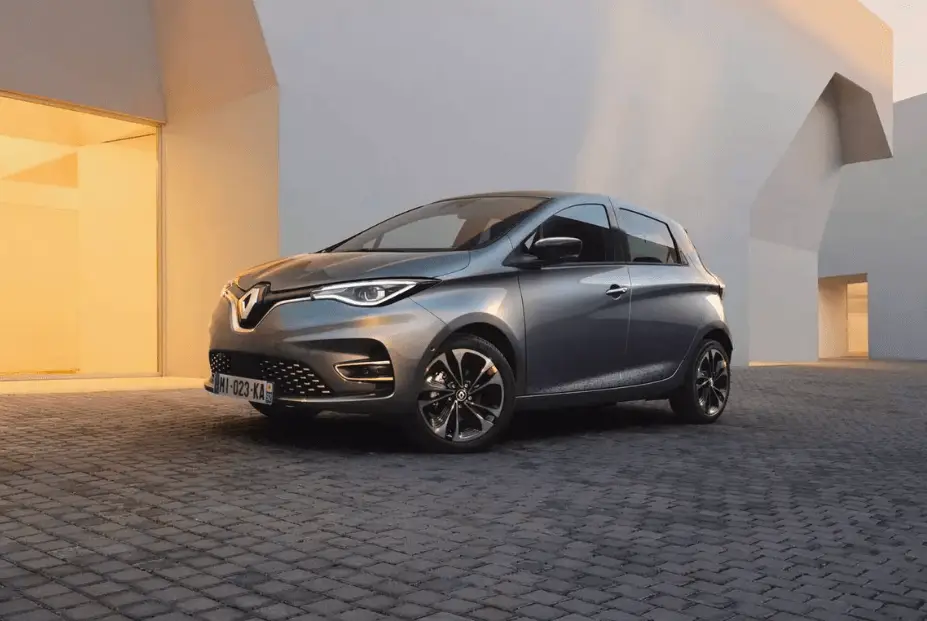
La Renault Zoé est décidément le modèle de voiture électrique le plus vendu en France.
Si votre prochain projet est de vous acquérir une Renault Zoé, sachez que la batterie lithium de cette voiture électrique pèse 326 kg pour 79 kWh lithium-ion, offrant une grande capacité d’autonomie et de performance. Elle est composée de 12 modules et de 192 cellules. Son poids autorise une autonomie de 395 en cycle WLTP.
- Poids de la batterie pour la Tesla Model 3
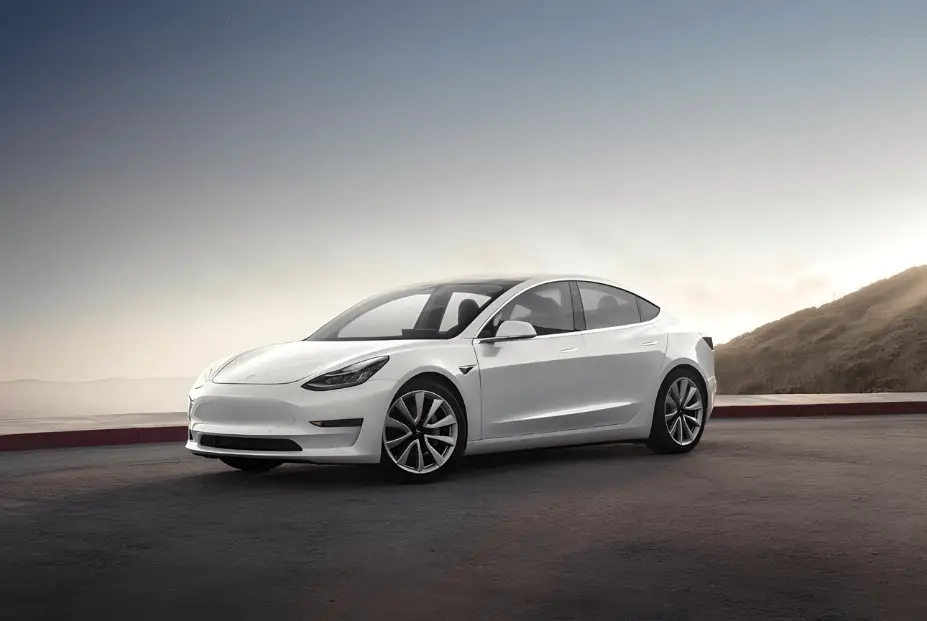
Pour la Tesla Model 3, 2022 est synonyme de nouveautés :
La nouvelle batterie de cette voiture électrique promet une meilleure performance que la batterie au plomb. Cela permet non seulement une meilleure autonomie, mais allège considérablement le poids de la voiture.
Lire aussi : Toutes les voitures électriques sans location de batterie.
Autonomie de la voiture électrique
Aujourd’hui, pour que les véhicules électriques roulent le plus longtemps possible, une grande autonomie est nécessaire. En général, une voiture électrique doit parcourir en moyenne entre 150 et 600 km et doit être équipé d’au moins 50 kWh. Cependant, il est important de souligner que l’autonomie varie en fonction de plusieurs choses :
- Le modèle de voiture électrique.
- Le style de conduite : la conduite peut être sportive, éco-conduite.
- La topographie des routes : l’autonomie peut changer si vous utilisez votre voiture électrique pour circuler en ville, en autoroute.
Vous l’aurez compris, l’autonomie d’une voiture électrique varie en fonction des besoins du conducteur. De plus, plus l’autonomie d’un véhicule électrique est élevée et plus le poids de la batterie sera importante.
L’importance des rapports puissance et poids d’une batterie
Pourquoi le rapport puissance et poids est-il important ?
Les rapports puissance et poids sont importants à prendre en compte. Comme nous l’avons vu précédemment, rien que pour le poids d’une batterie, cela peut être à plus de 300 kg. Avec ce poids, cela présente un impact négatif sur la voiture électrique puisqu’elle s’alourdit et consomme beaucoup plus en énergie. C’est d’ailleurs un défi pour les constructeurs de batterie pour voiture électrique, parce qu’ils cherchent des alternatives pour construire des véhicules électriques, tout en gardant une bonne performance.
Comment entretenir une batterie d’une voiture électrique ?
Quoi qu’il arrive, la batterie de votre voiture électrique va céder. Pour éviter qu’elle tire sa révérence plus tôt, voyons ensemble comment entretenir sa voiture.
Pour ce faire, le secret, c’est de vérifier régulièrement l’état de la batterie. Il y a ce qu’on appelle le SOH (State of Health) qui est le rapport entre la capacité maximale actuelle et la capacité maximum de la batterie lors de la première utilisation. Pour la connaître, vous pouvez vous renseigner auprès du constructeur de la voiture électrique, qui vous fera un diagnostic complet de la batterie, afin d’adopter le bon réflexe.
De plus, il existe quelques astuces pour augmenter la durée de vie de la batterie de votre véhicule électrique :
- Éviter de trop charger la batterie : il est conseillé d’avoir une charge entre 20 et 80 %.
- Réduire sa vitesse sur la route : c’est ce qu’on appelle faire de l’hypermiling. C’est le fait de privilégier une conduite plus douce en ville ou dans les autoroutes.
- Utiliser régulièrement sa voiture : si elle reste pendant trop longtemps à l’arrêt dans votre garage, la batterie de votre voiture électrique risque de vieillir plus rapidement.
- Faire attention à la météo : il est recommandé de mettre votre véhicule à l’abri du soleil, lors de fortes chaleurs.
- Privilégiez une charge normale à une charge rapide : plus votre batterie est chargée normalement, moins elle chauffe et moins elle s’use.
- Vérifier l’état des pneus : si vos pneus sont dégonflés, votre consommation d’énergie va augmenter.
Ce qu'il faut retenir
Il est vrai que le poids de votre future voiture est très important, surtout lorsque vous souhaitez faire de longues distances. Sachez que le poids de la batterie aura aussi un impact sur l’ensemble de la voiture, sur votre consommation d’énergie et surtout sur l’environnement.
En attendant, les ingénieurs y travaillent en permanence pour augmenter les performances de la batterie de voiture électrique tout en réduisant son poids.
Bientôt, espérons-le, il ne sera plus nécessaire de choisir entre l’autonomie d’une batterie électrique et sa puissance.
